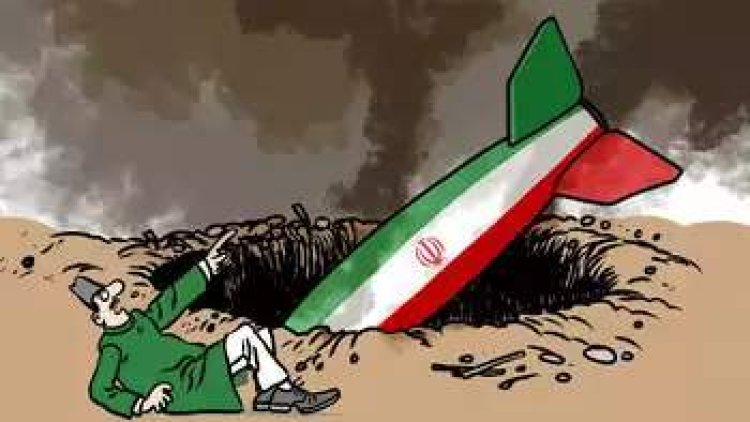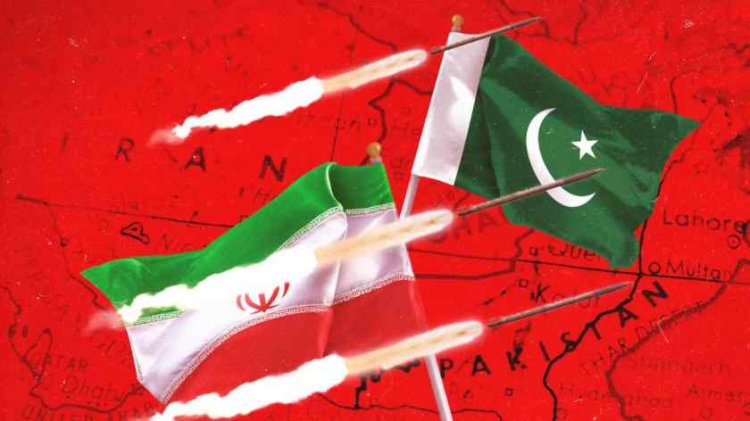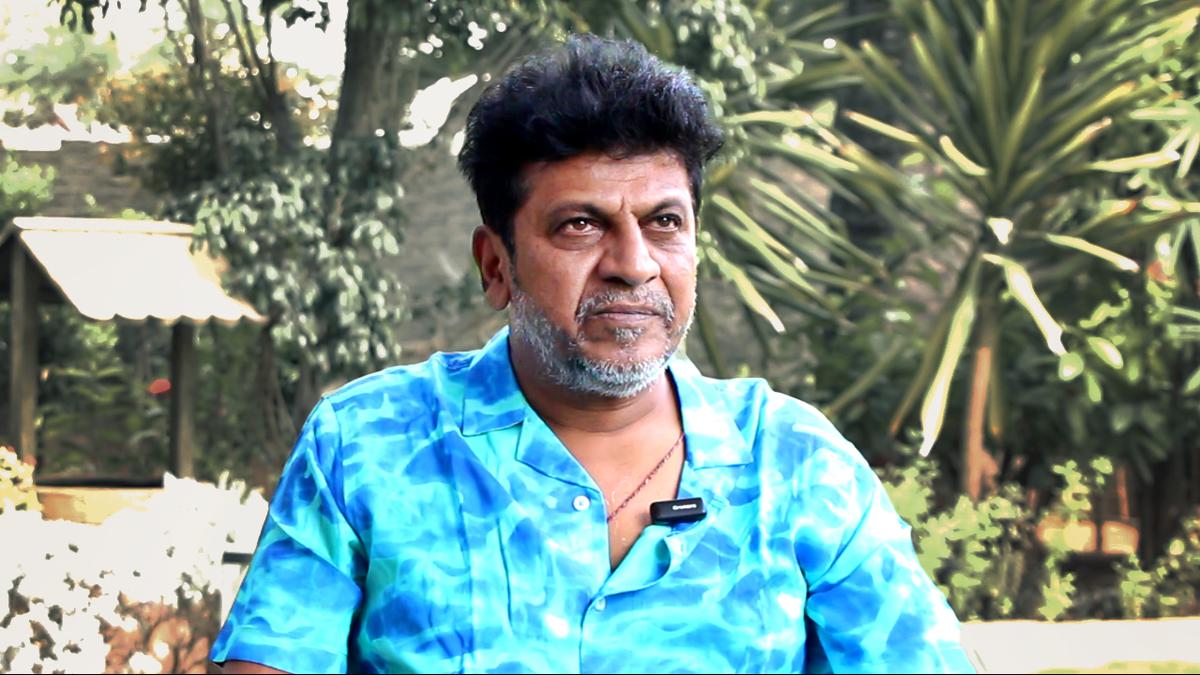Iran-Pakistan Conflict: Unraveling the Strained Bonds and Geopolitical Implications
Explore the historical ties between Iran and Pakistan, once described as "most cordial" by Jinnah, now strained to the point of missile attacks. Delve into the reasons behind the escalating tensions, pondering the possibility of an open war and China's potential intervention. Discover how India might strategically navigate this geopolitical landscape for enhanced security.

From the optimistic days of Pakistan's founder, Jinnah, who hailed the ties with Iran as "most cordial," to the current scenario where the two nations exchange missile attacks, the trajectory of their relationship has undergone a remarkable transformation in just a few decades. This shift raises pressing questions about the future - will Tehran and Islamabad descend into an open war, or will China play a pivotal role in safeguarding its interests in both nations? Furthermore, how might India leverage these unfolding events to reinforce its geopolitical security?

image credit:gujarati jagran
The Historical Lens:
Jinnah's admiration for Iran's relationship with Pakistan once symbolized a strong bond between the two nations. However, historical dynamics and contemporary geopolitical shifts have altered this narrative. Understanding the historical context is crucial in dissecting the complexities of the present situation.
Unraveling the Tensions:
The missile attacks exchanged between Iran and Pakistan demand a careful examination of the factors contributing to this escalation. Border disputes, regional power struggles, and divergent geopolitical interests have all played a role in straining what was once considered an unbreakable alliance.
The Specter of Open War:
Amidst the escalating tensions, the looming specter of open war raises concerns globally. Analyzing the potential outcomes and the impact on the region becomes imperative to comprehending the gravity of the situation.
China's Role in the Equation:
As a key player in the region, China's intervention could reshape the dynamics of the conflict. The intricate web of China's interests in both Iran and Pakistan adds a layer of complexity, raising questions about its stance and potential actions in the face of heightened tensions.
India's Strategic Opportunity:
For India, the unfolding situation presents a strategic opportunity. Navigating this delicate geopolitical landscape requires a nuanced approach. Enhancing diplomatic efforts, fortifying alliances, and safeguarding national interests should be at the forefront of India's considerations.
image credit:hindustantimes
The Iran-Pakistan conflict marks a significant turning point in the geopolitical dynamics of the region. The historical camaraderie has given way to hostilities, prompting the world to closely watch the unfolding events. As the situation evolves, the role of key players, including China and India, will undoubtedly shape the course of future relations in this volatile region.










